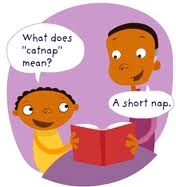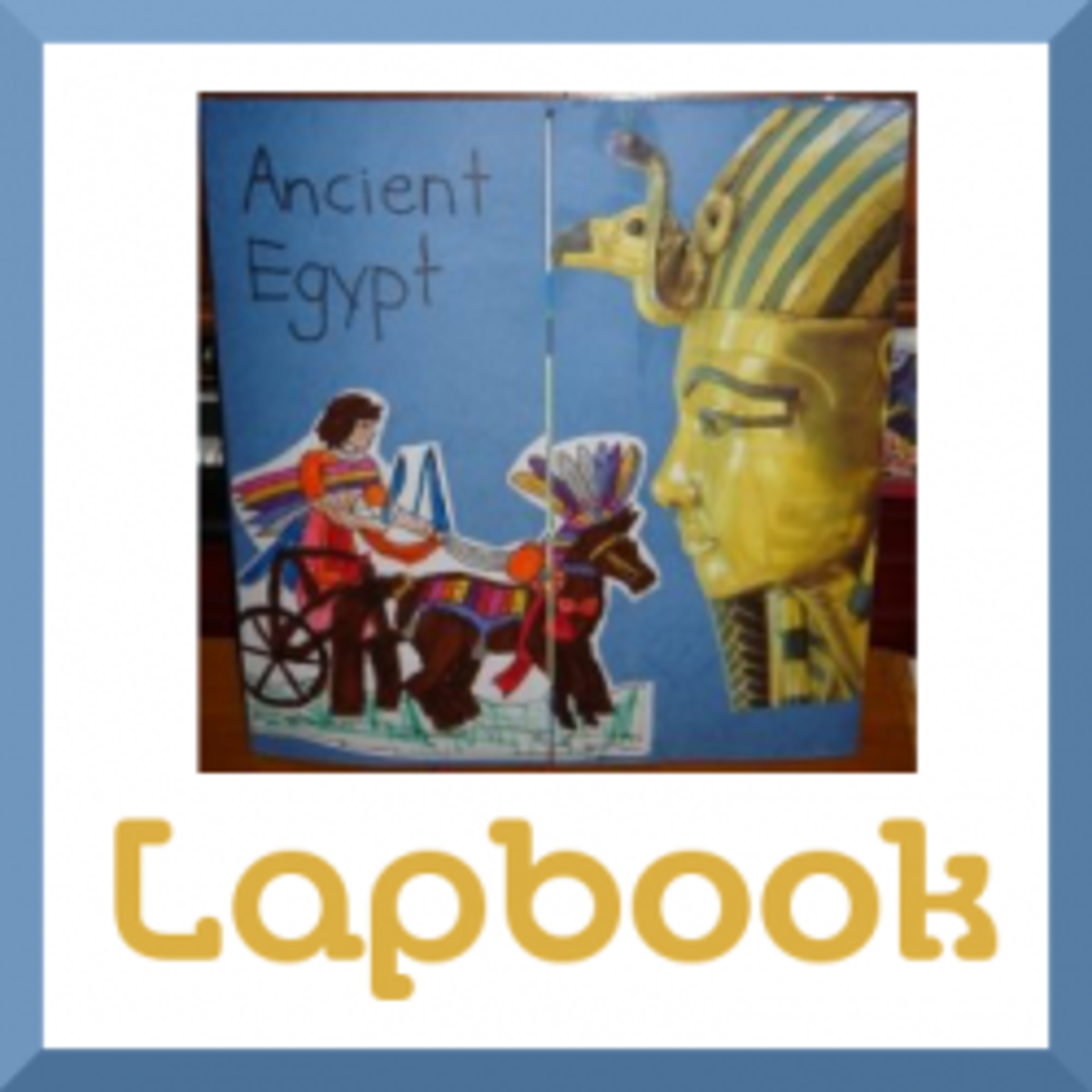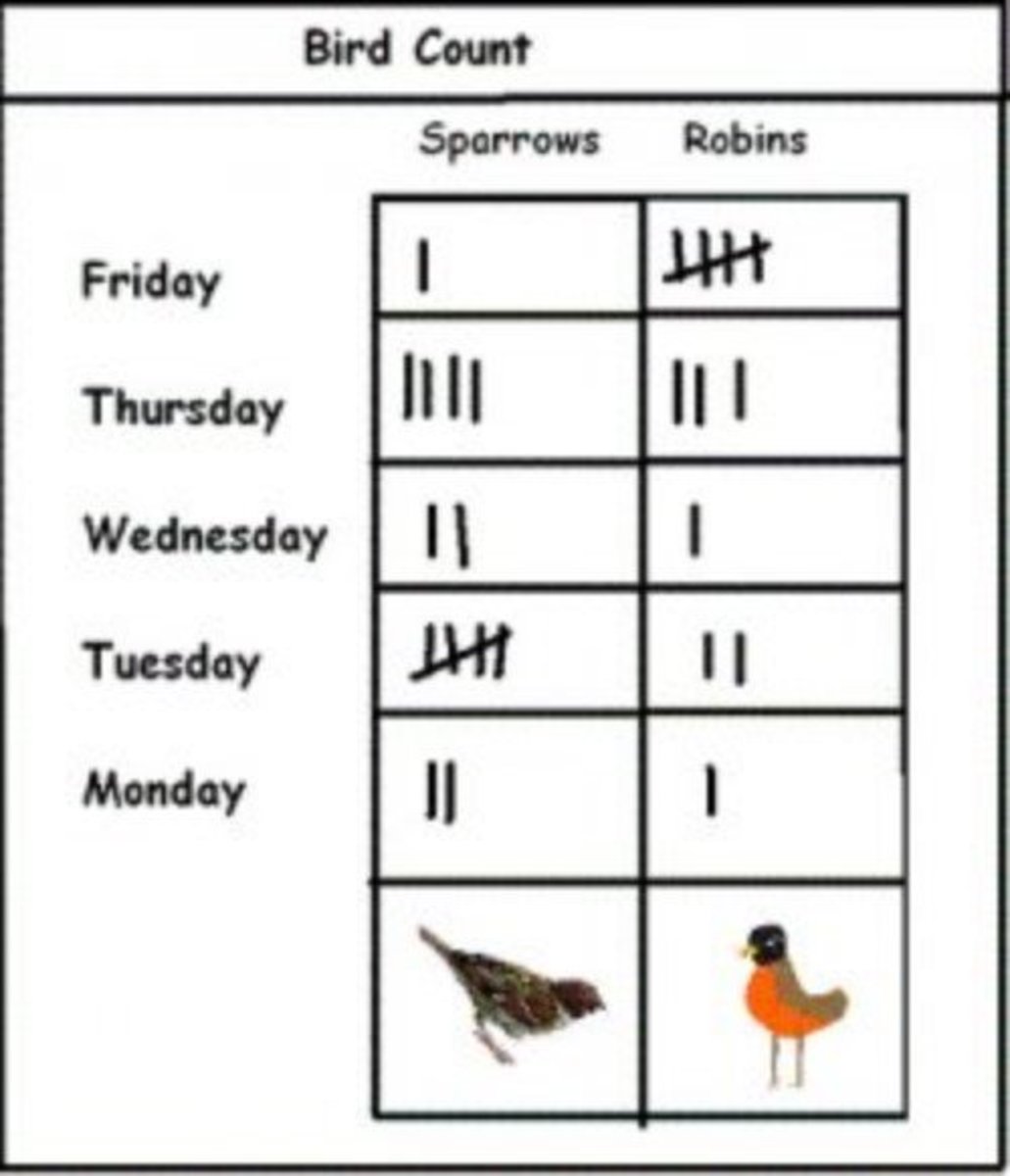Reading for Kindergarten

A Good Foundation
Teachers or parents of young children know that any child who has had preschool experience before entering kindergarten is at a great advantage. Most preschools prepare children for the rigorous standards that now make up the kindergarten curriculum. During the first week of kindergarten an observer can easily pick out which children have had preschool experience. They are the ones who already know how to use scissors, write their name, listen to a story, recite the alphabet and simple poems, follow directions etc. In other words these children are ready to learn.
What kindergartners are now required to learn during the school year is comparable to what was once required of first graders. This means that among other skills, 5-6 year-olds are required to be reading phonetically by the end of kindergarten. The skills that children learn in preschool not only give them a head start, but are necessary to reach that goal. Of utmost importance is the fact that preschools can recommend early intervention for a variety of problems that may affect academic performance. For example, the preschool teacher is the first person to make referrals to behavioral and speech specialists if needed. Also, if a child needs glasses a referral can be made in preschool before poor eyesight begins to affect school work.
There are many children whose parents, for a variety of reasons, are not able to teach the skills necessary before entering kindergarten. If those children are not taught those skills in preschool, chances are they will be behind their peers at the end of kindergarten. And they will continue to fall farther behind in first grade and beyond.

Phonemic awareness for kindergarten reading
Phonemic awareness is an essential beginning step in teaching kindergartners how to read. This is an area where preschools and preschool teachers can have a huge impact. 3 and 4 year olds who have been introduced to rhyming and word play in preschool have more confidence when learning kindergarten reading skills.
Phonemic awareness is the sound or auditory structure in language. Children who have good phonemic awareness are able to hear and manipulate the sounds in spoken words. They will be able to hear that "man" and "moon" begin with the same sound, and that dog and fog are rhyming words. Kindergartners should also be able to orally blend the sounds "ssssuuuuunnnn" to sun.
Although beginning phonemic awareness is oral, it is important that teachers (and home school teachers) also provide lessons and meaningful opportunities with many forms of print. These activities should have components of phonics, decoding, and writing words.

Decoding and Word recognition
As students are learning the names of the letters and sounds, it's important that they are also introduced to decoding. When students are decoding, they are blending individual letter sounds to read whole words. High utility letter sounds are usually the first to be introduced (m, s, a, r, and t). A few short vowel sounds should also be introduced early so that students can gain confidence in letter sound knowledge to form words.
As students are introduced to letter/sound correspondence, they are also introduced to the memorization of sight words--those words that don't follow the rules: "the," "was," "or," "some." Kindergartners need lots of authentic ways of learning sight words words through reading, writing, listening, and speaking, and rote memorization.
"Bob" books for rhyming and decoding


Vocabulary Instruction
Vocabulary instruction in kindergarten is developed through a variety of methods. The most common method of learning new vocabulary is formally through reading stories aloud. Before a new story is read, particularly a story that is part of the curriculum, new vocabulary is introduced.. This is important because there are words in the story that are critical to the listening comprehension of the story.
One method that is especially helpful to second language learners (and for all students) is to make a vocabulary chart. As the words are introduced on the chart, the teacher will draw a picture or have a picture ready to glue on the chart. Then the teacher will use the word in a sentence (usually a sentence from the story.) The teacher could also introduce the vocabulary while giving a summary of the story. There should be multiple exposures to the new words, for instance a daily oral language sentence to practice would not only help develop vocabulary, but also sentence structure and punctuation..

Reading Comprehension in Kindergarten
Most kindergartners are not ready or able to read stories on their own. They can, however, learn strategies to help them understand the familiar stories being read to them. The most common strategies are:
1. Making predictions using pictures and context
2. Retelling familiar stories
3. Asking and answering questions about important elements of the story
These are some instructional strategies to consider before teaching comprehension.
1. Begin with stories with obvious pictures and text.
2. Whatever strategy is being taught should be introduced in sentences and paragraphs then in stories.
3. Use lots of modeling and tell students what strategies you are teaching them.
4. Ask questions frequently to check for understanding.
Blog post opinion on education policy - Just a kindergarten teacher?
This is a link to a post about a recent episode of "How I met your Mother."
- Education policy and the teaching profession
This link is to a blog post about a recent episode of "How I Met Your Mother." Lilly says she is "just a kindergarten teacher!"







